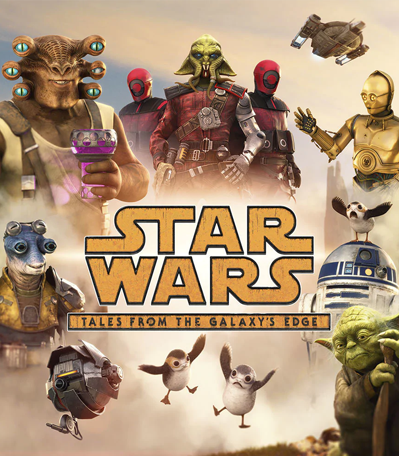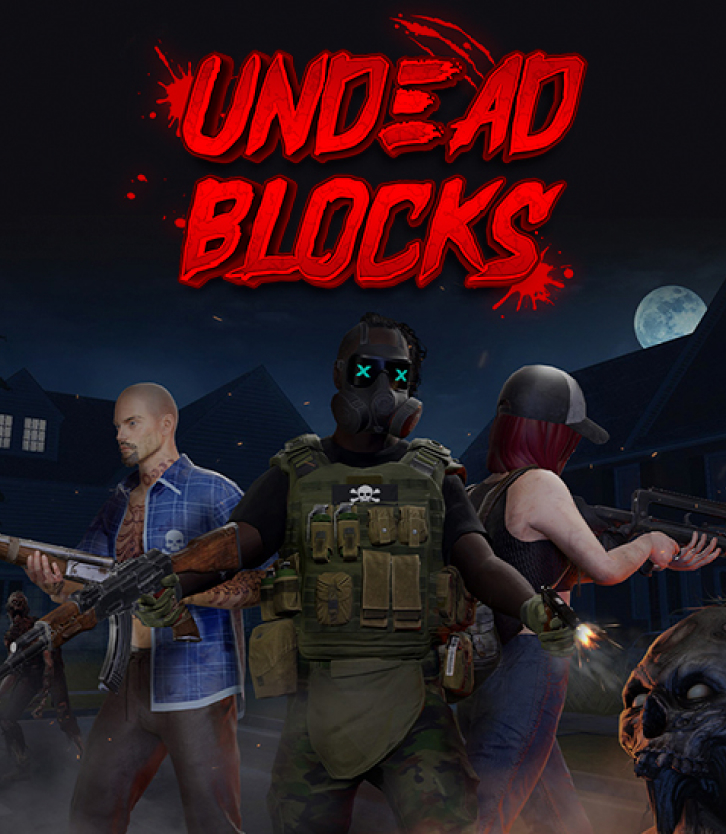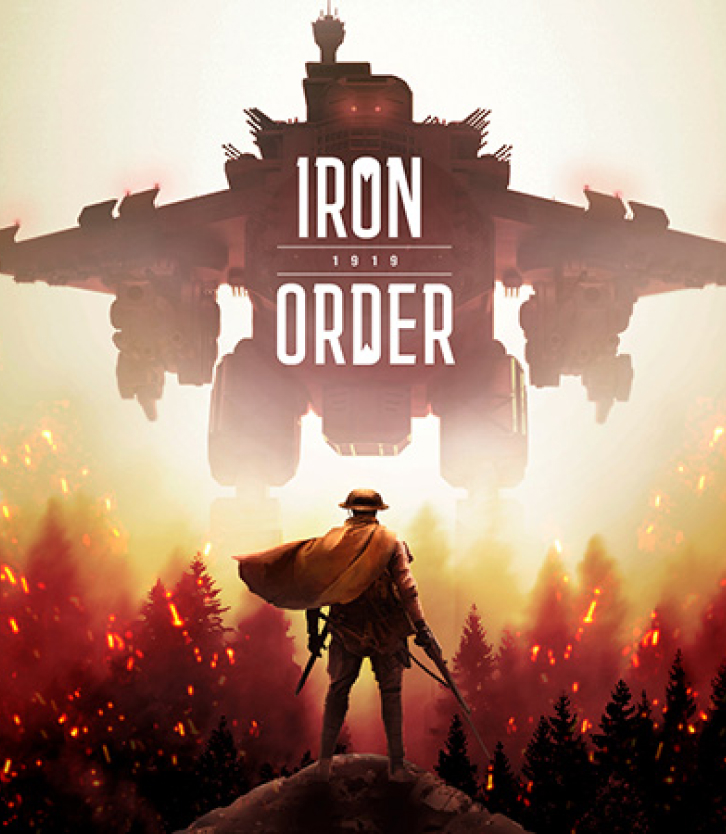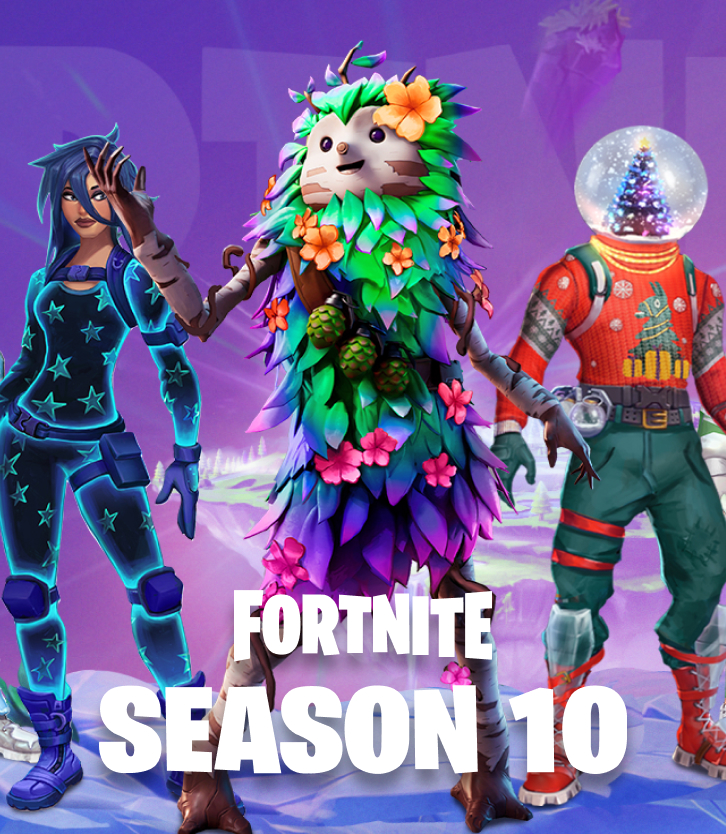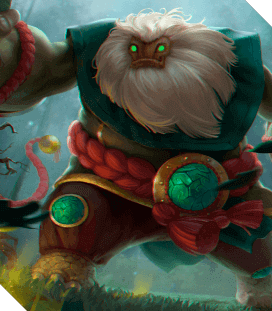Enter the world of RPG games, a realm where strategy, skill, and the right weaponry can mean the difference between epic victory and crushing defeat. Understanding the art of combat and the myriad of weapon types available can elevate your gaming experience to legendary levels.
Mastering RPG Genres: In What Games We Use Weapons
The evolution of video game weaponry mirrors the technological advancements in the gaming industry. Weapons have transformed from simple pixelated guns in early arcade shooters to highly detailed and realistic arsenals in modern games. This progression has not only been in terms of graphics but also in terms of mechanics, realism, and player engagement.
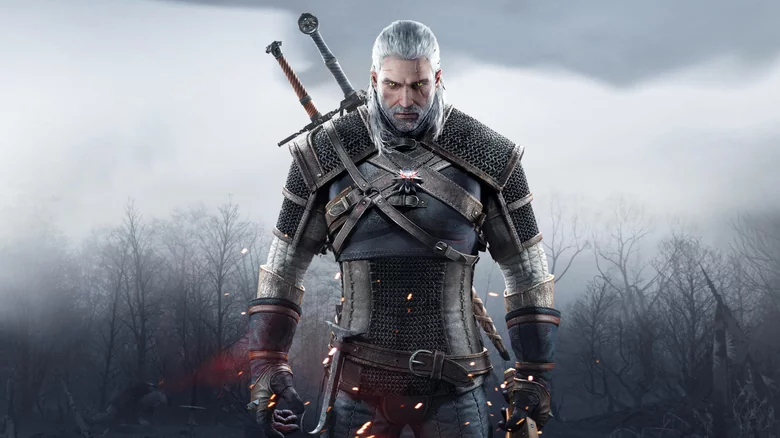
Source: https://www.svg.com/169897/we-finally-understand-the-entire-story-of-the-witcher-games/
Role-Playing Games (RPGs)
Weapons form the core of every RPG game. They add thrill and immersion to battles, turning basic combat. Each weapon, unique in its style and features, offers a personalized combat experience, allowing players to choose their favorite weaponry and play style. Many RPG games present weapon upgrades, enhancing the depth and strategic element. Weapons here are more than just tools for combat; they are integral to character development and storytelling. They often have unique histories and abilities.
In RPGs like “The Witcher,” “Skyrim,” and “Final Fantasy,” weapons are deeply integrated into the story and character progression, offering unique abilities and customization options.
Many action-adventure games now incorporate RPG elements like character progression, skill trees, and narrative choices, enhancing depth and replayability.
Strategy games, especially those focusing on individual units or heroes, often adopt RPG mechanics such as unit leveling and skill development.
Modern shooter games increasingly include RPG features like character customization, skill progression, and narrative choices, adding complexity to the genre.
Shooter Games
Shooter games, both first-person (FPS) and third-person (TPS), are synonymous with an extensive range of firearms. These games often focus on realism, offering various guns that mimic real-world weapons in functionality and design.
Games like “Call of Duty,” “Battlefield,” and “Counter-Strike” have set the standard for shooter games, offering an extensive array of weapons and realistic combat scenarios.
Action-Adventure Games
Action-adventure games often feature a mix of weapon types, combining the direct combat of shooter games with the strategic elements of RPGs. These games provide a diverse gameplay experience, allowing players to engage in fast-paced combat and strategic planning.
“Uncharted,” “Tomb Raider,” and “The Legend of Zelda” series demonstrate how action-adventure games blend weapon-based combat with exploration and puzzle-solving.
Strategy Games
In strategy games, weapons are crucial in how players plan and execute their moves. When you play strategy it’s better to have a deep understanding of the strengths and weaknesses of different weapon types and how they can be used to outmaneuver opponents.
Games like “Starcraft,” “Age of Empires,” and “Total War” series emphasize the tactical use of weapons in large-scale battles, requiring strategic thinking and resource management.
Examples of Unique Weapons in Game History
Traversing the chronicles of RPG history, certain weapons have made an unforgettable impact. Take the Master Sword in Legend of Zelda, for instance. This iconic weapon offers many magical abilities, including:
- Time manipulation
- Light beam projection
- Elemental attacks
- Defensive capabilities
A player’s experience in the game can vary greatly depending on their chosen weapon type. It affects combat style, interaction with the game world, and the storyline. Understanding these types can help players make more informed choices and enhance their immersion in the game world.There are enormous types of weapons that make the game authentic and game experience unforgettable. We submit a few rpg weapon types to understand why unique ideas and professional game design are vital.
The Master Sword: A Legend’s Blade
The Master Sword, an illustrious creation in the Legend of Zelda series, symbolizes unwavering courage. Forged by the goddess Hylia, this blade boasts a beautiful cobalt hue and a hilt adorned with the emblem of the Triforce. Its legendary status lies not only in its appearance but also in its ability to defeat evil.
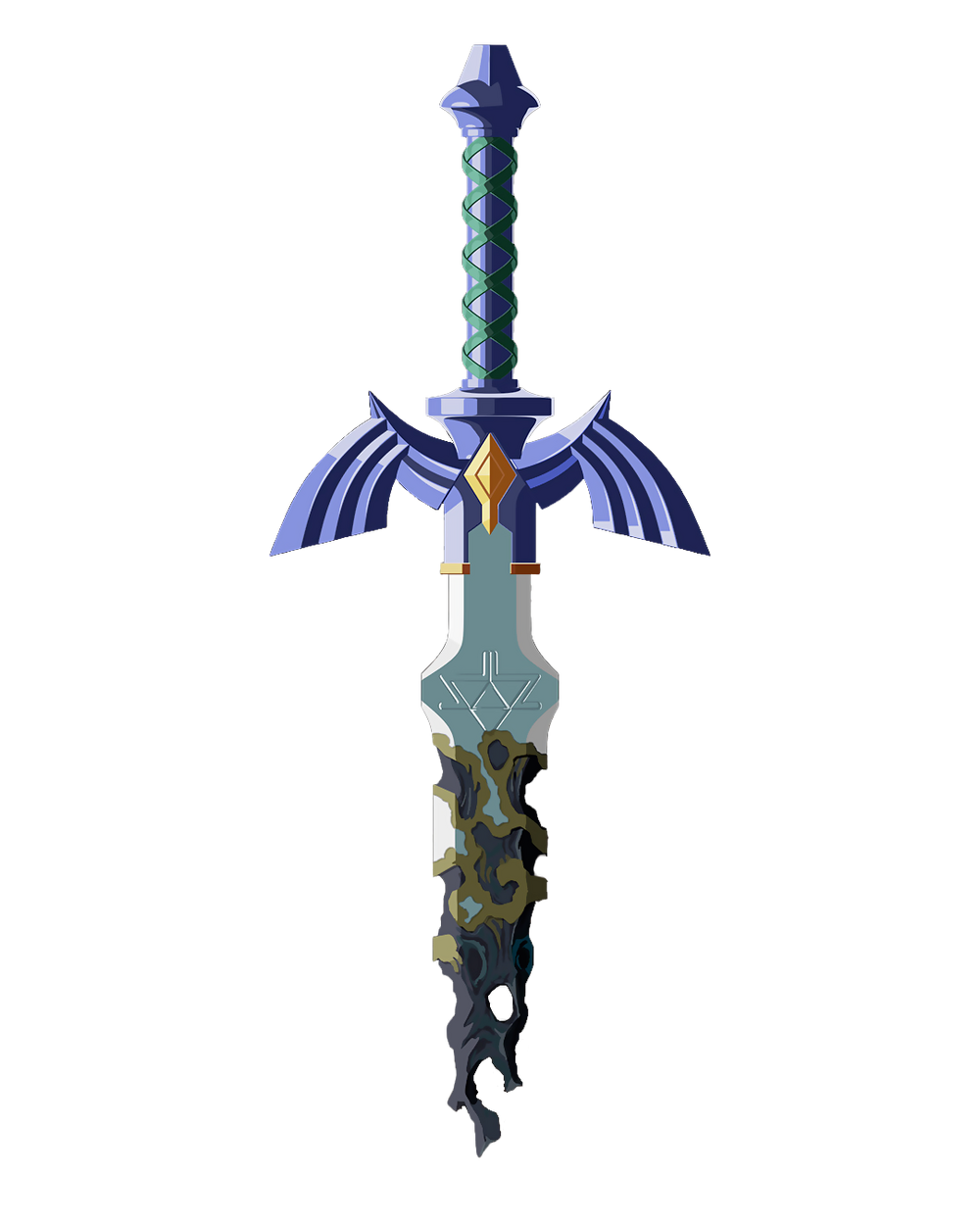
Source: https://zelda.fandom.com/wiki/Master_Sword
Final Fantasy Revolver
Although they may not be the most helpful weapon ever created, gunblades are unquestionably one of the coolest. Users may slice and shoot their opponents simultaneously while looking amazing because it can be held like a gun and wielded like a sword.
Few gunblades are as well-known as Revolver, Squall Leonhart’s initial weapon in Final Fantasy VIII. It’s a weapon that catches players’ attention in the opening cutscene and continues throughout the game.
Source: https://finalfaninsider.com/game-guides/squall-leonhart-guide
Robocop: Assault Rifle 74 in Rogue City
When assuming the role of the well-known cybercop, a few powerful weapons are available. All handguns are enjoyable and have their uses, but the Assault Rifle 74 is the most effective weapon against the crooks in Old Detroit.
In addition to its remarkable stopping power, the Assault Rifle 74 has excellent accuracy and minimal recoil. Although this weapon doesn’t appear particularly impressive at first, once you have ir, you’ll see why Robocop uses it.
Source: https://en.hocmarketing.org/robocop-rogue-city-top-firearms-ranked-77649
Weapon Categories in RPG Games
Many weapon categories are available in RPG games, each designed to suit varying combat situations and player inclinations. Medieval weapons, such as swords, bows, and axes, are an attribute of fantasy RPGs. They are often crafted with intricate designs and imbued with magical properties, making them more than mere tools of war.
Ranged weapons, on the other hand, are your ticket to long-distance engagements. These include crossbows, bows and arrows, slingshots, and throwing weapons, capable of dealing significant damage from afar. Mage-class characters might find their arsenal in magical weapons, such as spell books and grimoires, casting spells for various effects: attacking, defending, or providing team support.
The game’s story typically dictates the choice of weapons in RPG games, the period it’s set in, and the characters you play as. This variety ensures that every gamer finds their perfect weapon, tailored to their unique playstyle.
In weapon prop game design, the classification of artistic styles plays a pivotal role in shaping the visual and thematic aspects of the gaming experience. Two prominent overarching styles within this context are “stylized” and “realistic.” In weapon game design, we offer to clarify artistic styles including different themes’ categories like:
- historical,
- science fiction (Sci-Fi),
- post-apocalyptic,
- modern.
Each brings a unique flavor to combat, offering a range of experiences to players.
Stylized Weapons
With their inventive designs and capacities, stylized weapons launch us into a futuristic setting. Often seen in science fiction RPGs, these weapons feature unique designs to enhance the game’s fun and creativity.
These futuristic weapons can perform remarkable feats, such as shooting two shells at a time or dealing double damage, adding a new layer of strategy to attack and combat. Stylized weapons contribute to a more immersive and visually appealing gaming experience through their unique design and capabilities. Let’s consider some examples from Kevuru Games portfolio in Stylized Direction in different categories.
Examples of Sci-Fi Weapons in Stylized Direction: Kevuru Games Portfolio
Kevuru Games Portfolio: Stylized Weapon.
Example of Post-Apocalyptic Weapons in Stylized Direction: Kevuru Games Portfolio
Kevuru Games Portfolio: Stylized Weapon.
Kevuru Games Portfolio: Stylized Weapon.
Realistic Weapons
Contrarily, realistic weapons, while stylized weapons stir wonder and creativity, anchor us in a conceivable future. These weapons are practical and functional, fitting seamlessly into the game world.
Machine guns in RPG games, for instance, mimic their real-world counterparts. They may be challenging to handle and slow the player down, but their rapid-fire rate and extensive damage potential create an immersive, realistic experience. Automatic firearms also contribute to realism, with their high ammo capacity and potent damage output highlighting the strategic elements of RPG combat.
Example of Modern Weapon in Realistic Direction: Kevuru Games Portfolio
Kevuru Portfolio. Source: https://www.artstation.com/artwork/nEaav4
Example of Modern Weapon in Realistic Direction: Kevuru Games Portfolio
Kevuru Portfolio. Source: https://www.artstation.com/artwork/lRgP2k
Example of Sci-Fi Weapon in Realistic Style: Kevuru Games Portfolio
Kevuru Games Portfolio: Sci-Fi weapon. Source: Artstation
Historical Weapons
The historical rpg weapons list take us on a journey to various historical epochs. Some of these weapons include:
- Swords
- Hammers
- Bows
- Magical staffs
- Muskets
Example of Historical Weapons in Realistic Direction: Kevuru Games Portfolio
Kevuru Games Portfolio. Source: https://www.artstation.com/artwork/nExz8K
These various weapons cater to different character types and combat scenarios, allowing each player to find their favorite weapon among such weapons.
Weapons, like maces and hammers, offer different damage outputs and swing speeds. Some, like maces and hammers, are often associated with holy characters, as they don’t draw blood. Polearms like halberds are designed for hack-and-slash combat, providing longer reach and substantial damage output.
Ranged weapons like bows and arrows add a strategic layer to combat, enabling long-distance engagements. Lances, designed especially for mounted combat, bring another dimension to the battlefield, factoring in the horse’s strength and distance of charge in calculating damage.
Tips From Kevuru on How To Create The Best Quality Weapon For Game
In Kevuru Games studio, the Weapon Department is typically made up of 3D artists. They get thoughts, references, and technical details from Art Directors and Concept Artists in related fields.
The weapon concept calls for a wide range of skills as well as an understanding of the mechanics, including how certain kind of weapon operates and determining the appropriate level of sophistication based on the technical documents provided by the client. Then Concept Artists in our Weapon Department are able to execute all ideas with accuracy and dependability since they deal directly with firearms. As a result, we offer the full weapon creation cycle, from concept to 2D and 3D graphics to models and animation for game development.
Juniors work with Senior professionals in our department and gain expertise fast, eventually becoming Middles. While some team members are skilled with realistic weapons, others create stylized ones.
We firmly believe that the expert who creates the weapon must be familiar with every pipeline step, including UV, baking, texturing, high-poly, and low-poly. To assist in the professional growth of our Artists, we regularly host knowledge-sharing sessions and provide internal corporate courses for them. It is crucial for weapon artists to comprehend the workings of the weapon to avoid errors in the details, such as misinterpreting the design and functionality of a specific firearm.
When it comes to sci-fi-stylized weapons, we also have to model them with logic so they work according to the laws of physics. Our artists take it into account at the stage of concept development.
Creating stylized weapon concepts is more complex than working with realistic models. When we need to model, for example, a rifle, we know all its parameters in advance, down to millimeters. We have detailed drawings of all elements, like a Picatinny rail. We can take an apparent reference and work on it.
As to stylized or sci-fi weapons, the artist needs to develop those parameters independently, considering that initially, the customer usually has only a general concept. Assuming that the weapon has a specific magazine loading, the artist realistically figures out how to insert the magazine with cartridges. Visually, all this should correspond to the general style of the weapon.
Kevuru Games Portfolio.
Our artists have many elements; in addition to the concept, we need to find good references to model props accurately. Combining them logically and checking their functionality is vital—how a shot will be fired. You need to think through every little thing. We do all this on a 3D concept.
Kevuru Games Expertise in 3D Game Modeling
Kevuru Games has carved its niche in the domain of 3D game modeling. Our team offers full-scale game development services, including the following directions of art:
| Environment and Props; | Environment; Hard Surfaces (weapons, gadgets, machinery, architectural elements, etc.); Vehicles; |
| Characters: | Characters; Skins and outfits; Creatures and animals; Hair |
Our portfolio boasts an array of RPG weapons, ranging from retro pistols and Second World War weapons to melee options like knives and battle axes. The complexity of the weapon and the necessity to optimize it for a particular project typically determine the number of client approvals. If the project is complicated, we review the work at each intermediate level, including blockout, high-poly, low-poly, UV-mapping, baking, and texturing.
Summary
Weapons are central to RPG gameplay, offering different combat strategies and upgradable features like elemental damage and weapon fusion. Iconic weaponsbecome memorable due to their unique abilities, and a wide variety of weapon types like bows, swords, and magical staffs from different games cater to diverse playstyles. RPG weapons fall into several categories like melee, ranged, and magical, crucially influencing battle dynamics and player choice, with further distinction between historical, stylized sci-fi, and realistic sci-fi weapons for varied game settings.

